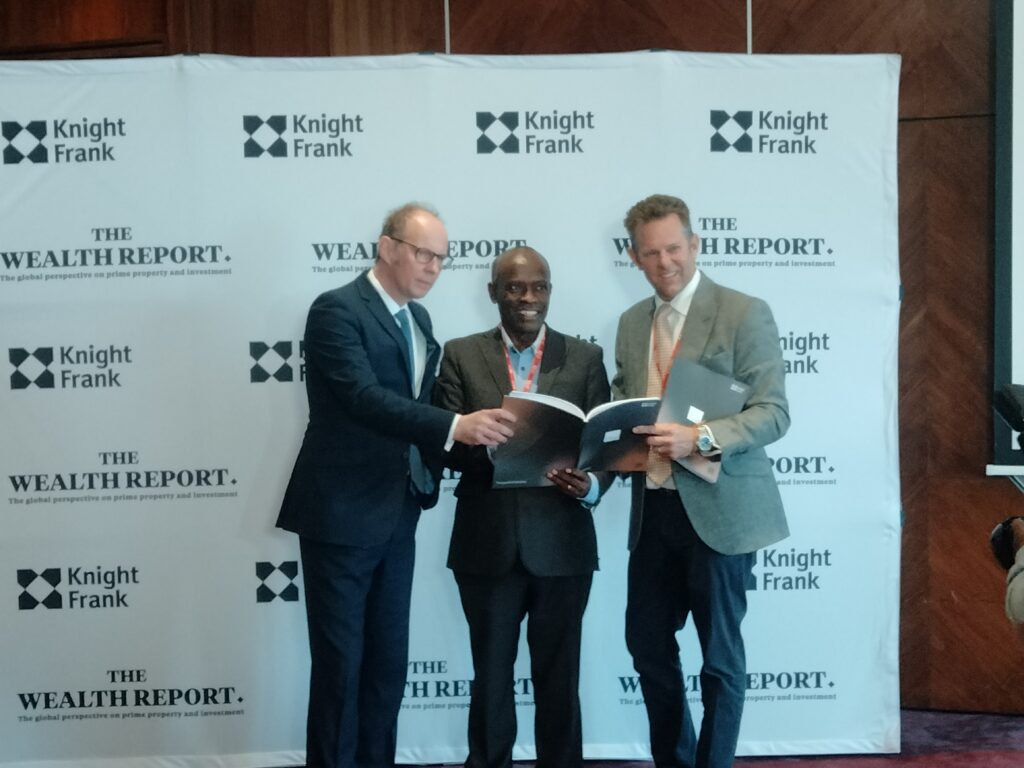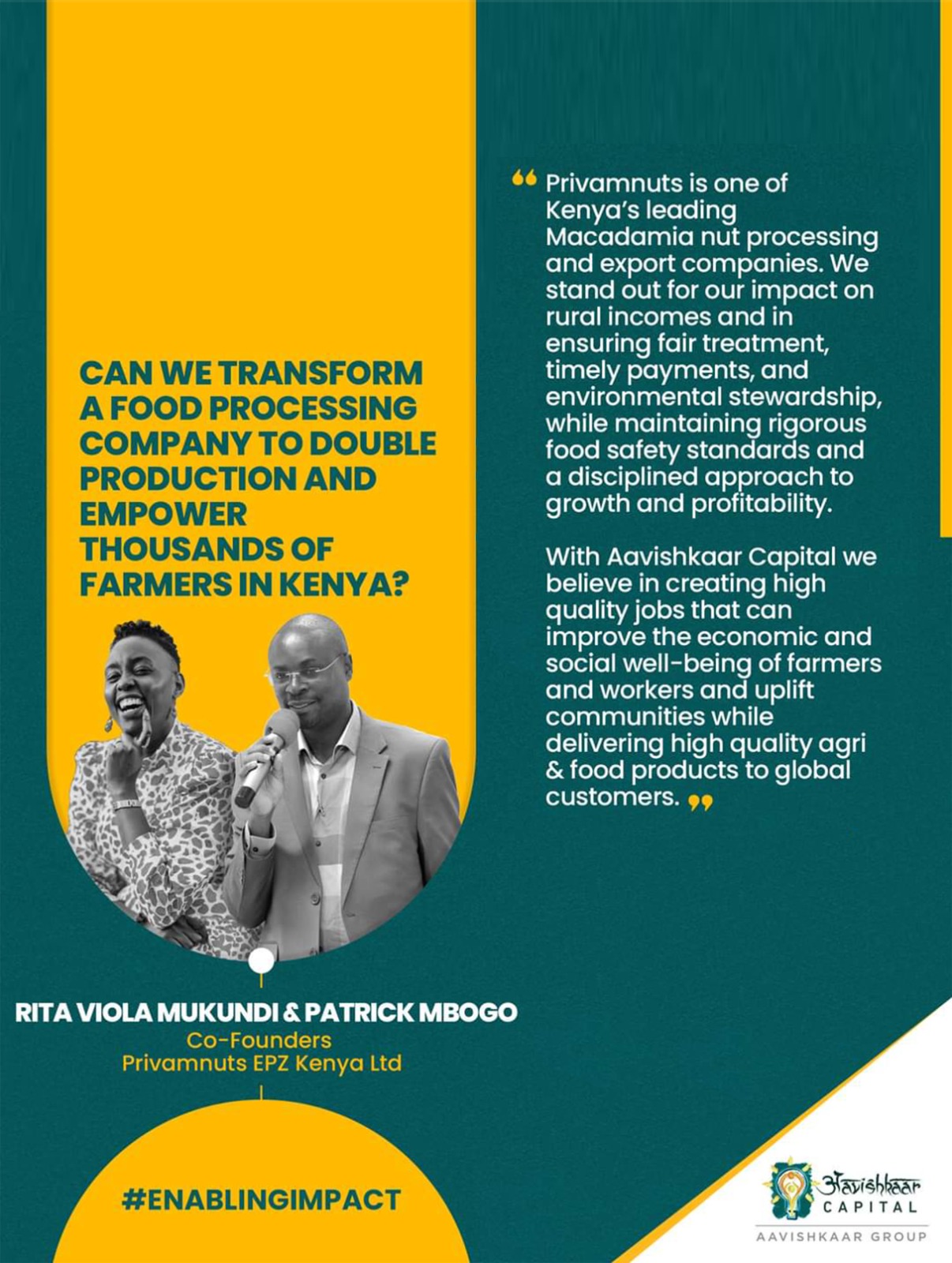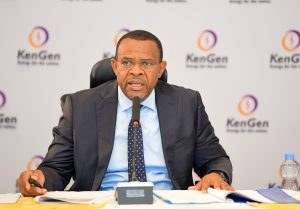
The proportion of Kenyans seeking foreign passports is not the highest for Africa, with 31 percent of HNWIs in South Africa seeking a second passport, and 44 percent of HNWIs in Nigeria.[Photo/Paul Arithi/Business Quest]
OnKenya’s wealthy are planning new nationalities as part of their investment activities, with just over a quarter of Kenya’s 3,362 dollar millionaires now planning to apply for a second passport or new
nationality to provide greater investment, education and healthcare access, according to the 2022
attitudes survey issued today with Knight Frank’s annual Wealth Report.
This level of second-nationality investment amounts to almost twice the global average for wealthy
individuals, with an average of 15 percent of dollar millionaires seeking additional or changed
nationalities worldwide, compared to 28 percent in Kenya. However, the proportion of Kenyans seeking foreign passports is not the highest for Africa, with 31 percent of HNWIs in South Africa seeking a second passport, and 44 percent of HNWIs in Nigeria.
Andrew Shirley, editor of The Wealth Report at Knight Frank said: “Amongst Kenyans seeking new passports, the proportion interested in reducing their tax bills, enhancing their safety, or getting a better quality of life is much the same as for the wealthy globally. The big difference for Kenya’s dollar millionaires is the proportion of new nationality applications for investment purposes, and in pursuit of better education and better healthcare for themselves and for their families.”
Of Kenyans seeking new passports, around 59 percent are doing so as an investment, against a global
average of 17 percent, while 38 percent cite education as a driver, compared with 18 percent worldwide. Meanwhile, 34 percent are seeking better healthcare, compared with 13 percent worldwide.
This balance of motivations contrasts with the rest of Africa, where 63 percent of the HNWIs applying for second nationalities are seeking increased safety and a better life.
The drivers for HNWI’s second nationality applications:
| Africa | Global average | Kenya | |
| Safety and better quality of living | 63% | 36% | 31% |
| Tax | 25% | 30% | 31% |
| Ease of travel/mobility | 21% | 27% | 22% |
| Relocation | 34% | 24% | 38% |
| Education | 33% | 18% | 38% |
| Investment | 21% | 17% | 59% |
| Quality of healthcare | 22% | 13% | 34% |
Ben Woodhams, Knight Frank Kenya MD said: “This rising trend of ‘nationality planning’ from our own wealthy is highly focused as a route to best-in-class investments, education and healthcare, with property investments making up a significant component of that investment.”
Kenyan HNWIs are far more likely to be residential and commercial landlords than average. This
difference is most notable in commercial property investments, accounting for around 49 percent of the wealth held by Kenya’s most wealthy individuals, but only around 27 percent of the assets of the wealthy worldwide.
However, Kenyan millionaires are unusual in holding such a high proportion of their assets in their own country, owning an average of just 19 percent of their property portfolio overseas, compared with an average across all HNWIs of 32 percent.
“Overall, the shift to nationality applications driven by the principle aim of investment and from an established platform of preference for property ties with the interest by Kenya’s wealthy in owning properties overseas. Their long-standing preference for investing in property at home is now extending to real estate investments in the US, UK, Australia and UAE,” said Andrew.
High-Net-Worth Kenyans rate climate change as a risk to their wealth;
Kenya’s dollar millionaires have identified climate change as a great threat to their wealth, with
84 percent citing the global environmental change as a financial risk, compared to 54 percent worldwide, and 64 percent across the rest of Africa, according to the attitudes survey released today with the 2022 Wealth Report from Knight Frank.
Andrew Shirley, editor of The Wealth Report at Knight Frank said: “Last year’s attitude’s survey did not
identify climate change as a wealth risk, making for a rapid shift in risk perception from Kenya’s High-Net-Worth Individuals, because Kenyans are living on the frontline of these environmental changes, making them far more conscious of the environmental impact than many western investors.
In addition to concerns about climate change, Kenya’s wealthy remain more worried about new variants of Covid-19 than HNWIs in other regions.
Ben Woodhams, Knight Frank Kenya MD said: “These attitudes from our most wealthy bring home the
reality and importance of ensuring that our entire population is protected from future variants, as any
future peak in infections, lockdowns or lock-outs will inevitably take a heavy toll financially and socially. We see from this survey the awareness by Kenya’s HNWIs that any infection that afflicts the broad population will also be a direct threat to their own wealth as a result of the economic effects of the pandemic.
The greater threats to Kenyan wealth, according to HNWIs
| Global average | Kenya | |
| Climate change | 53% | 84% |
| New Covid-19 variants | 66% | 81% |
| Equity markets | 10% | 69% |
| Supply chains | 55% | 63% |
| Deglobalisation | 40% | 56% |
| Wealth transfer to the next generation | 20% | 31% |
Kenyan millionaires also perceive greater threats from the country’s challenges with global trade after the disruptions caused by the Covid-19 pandemic to supply chains and globalised flows and relationships. Some 63 percent of Kenyan HNWIs now view supply chain disruption as a potential threat to their wealth, compared with 55 percent worldwide – with businesses, everywhere, acutely aware of the high impact that any supply disruption can cause to economic outcomes. More exceptionally, Kenyan millionaires report greater concerns about succession than the norm.
“The transfer of wealth to the next generation is a key moment of vulnerability for HNWIs worldwide, as poorly managed successions can lead to rapid wealth depletion. In Kenya, however, with frequent evidence of succession disputes and even protracted court cases, the threat is made greater through the degree of challenge in simplifying or accelerating the outcome of such disputes,” said Andrew. This has seen 31 percent of Kenya’s millionaires cite succession as a threat to their wealth, compared with a global average of 20 percent.











